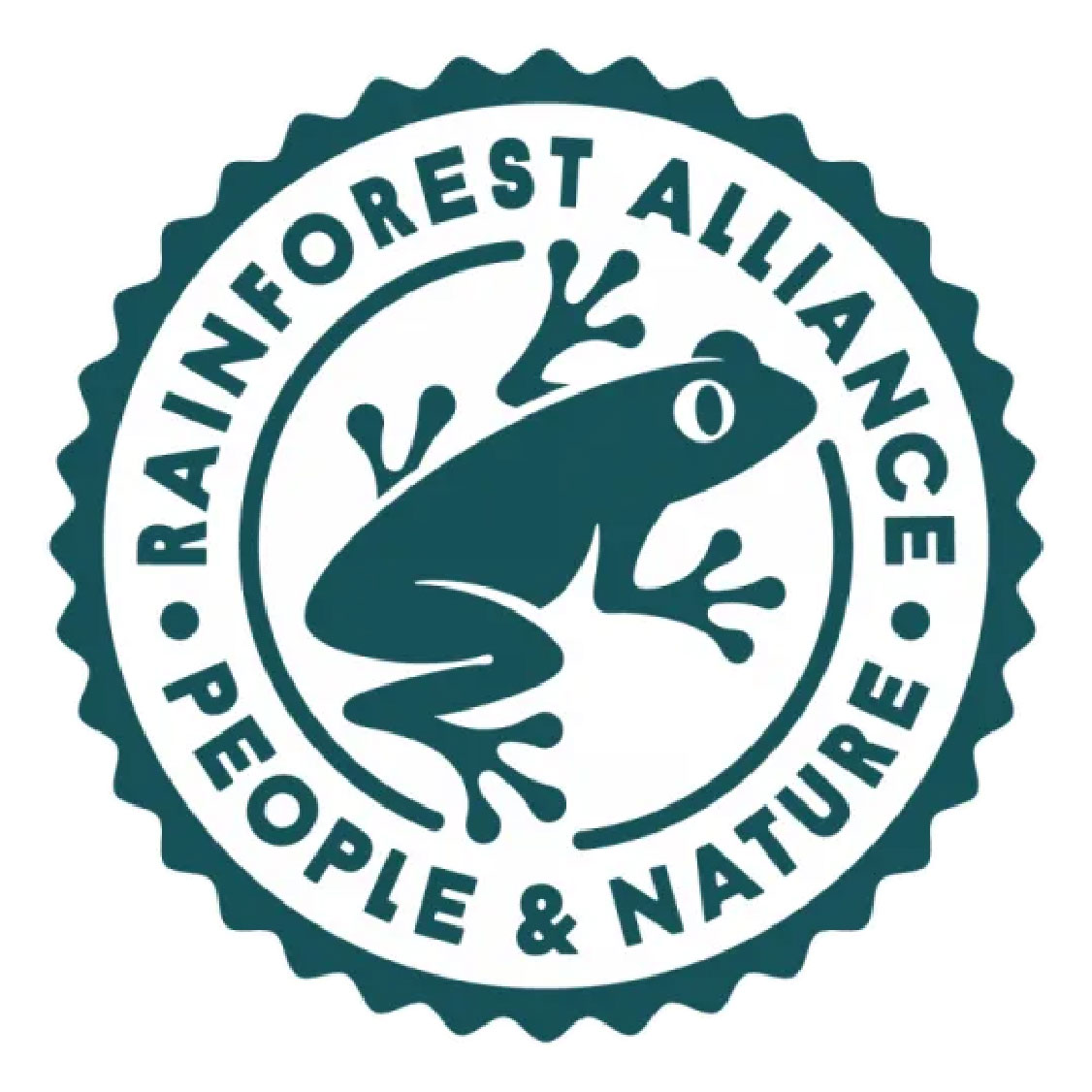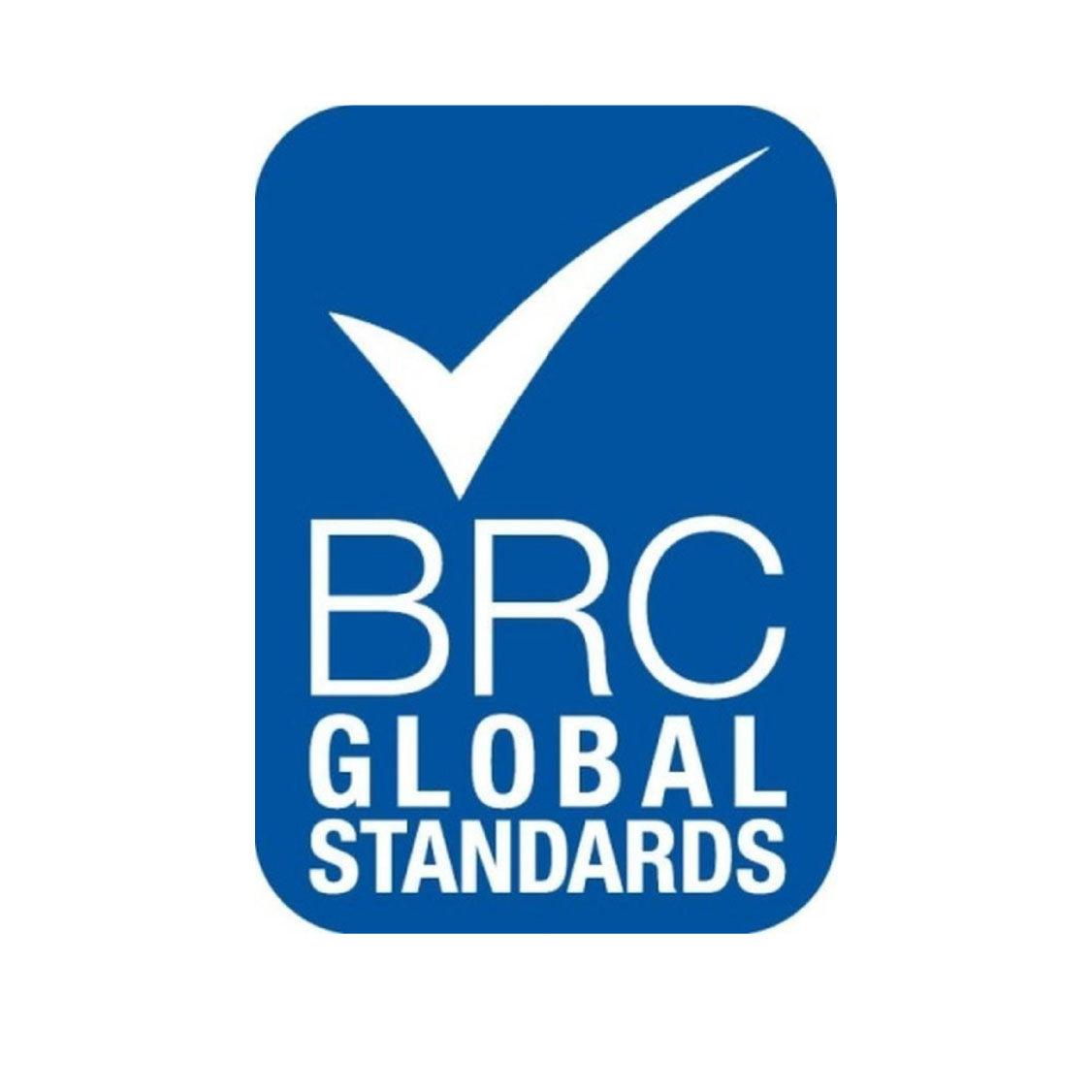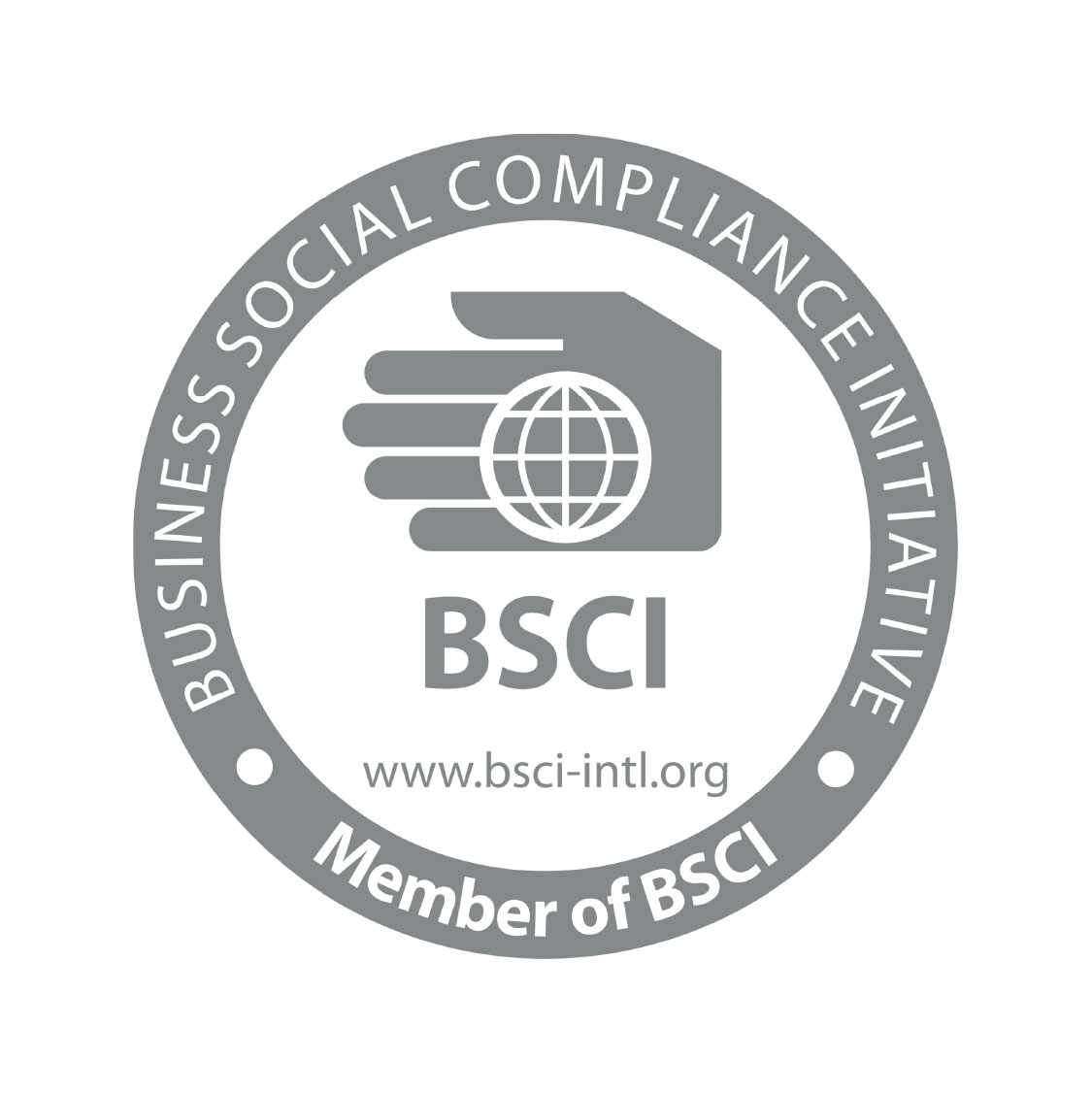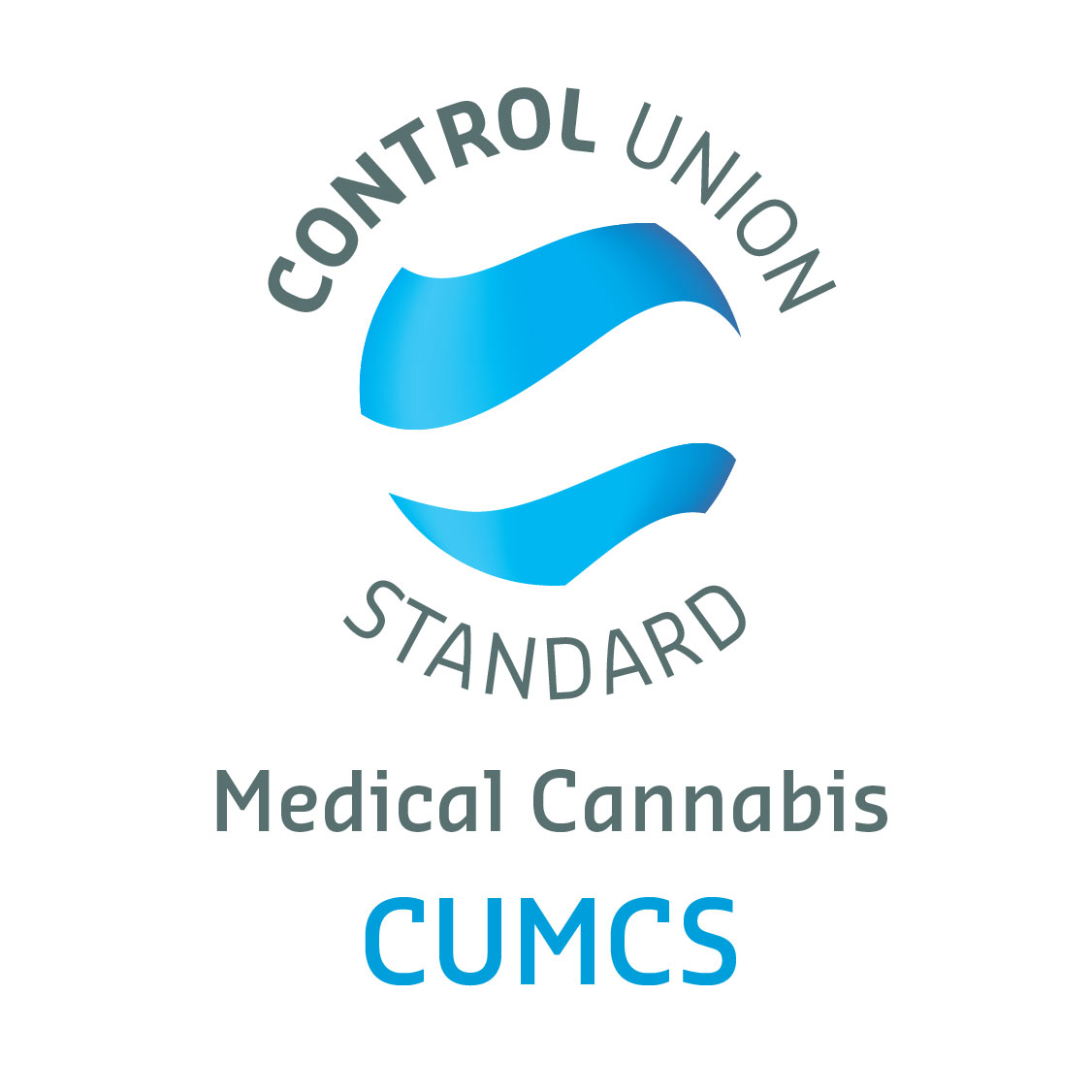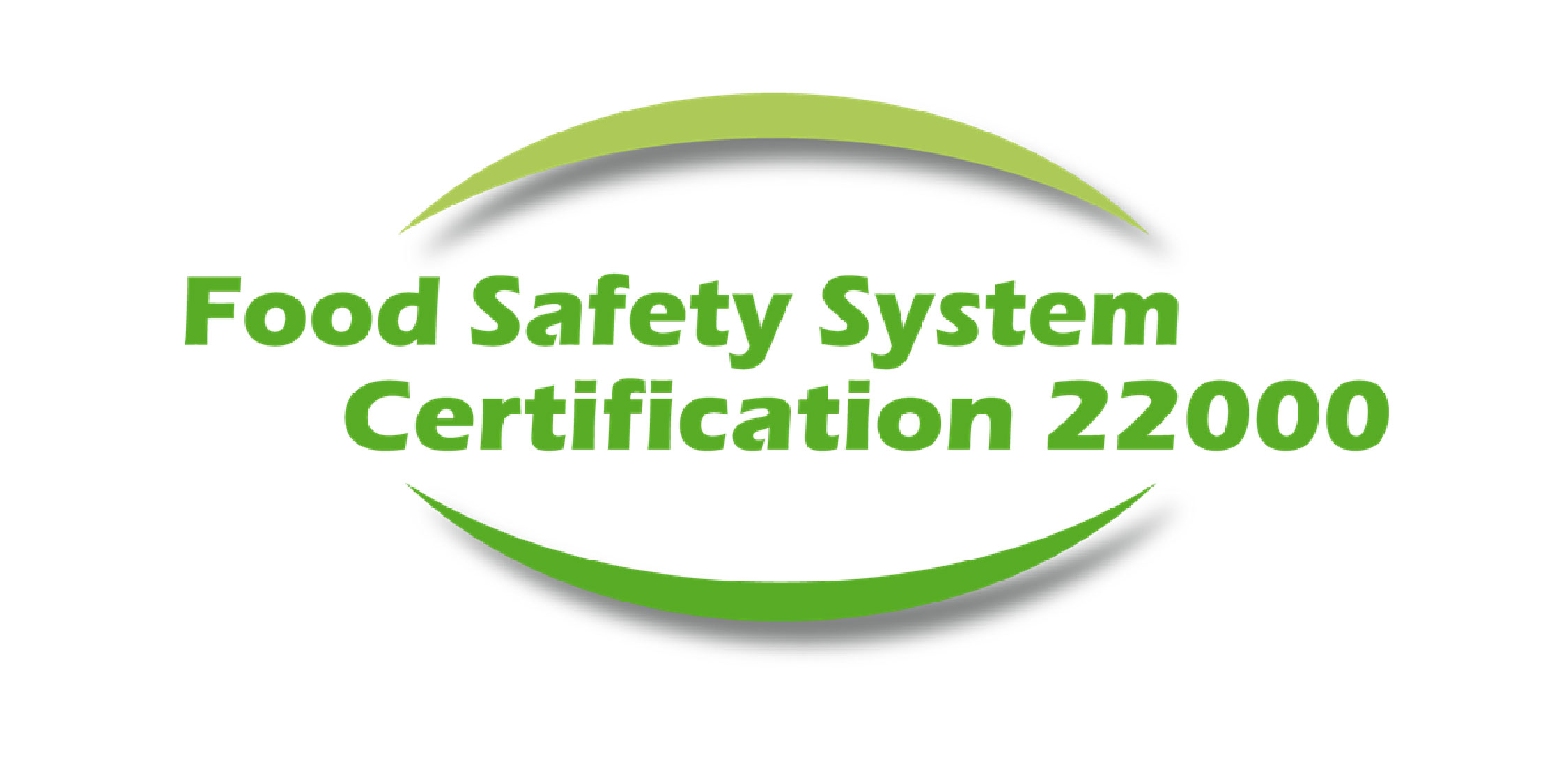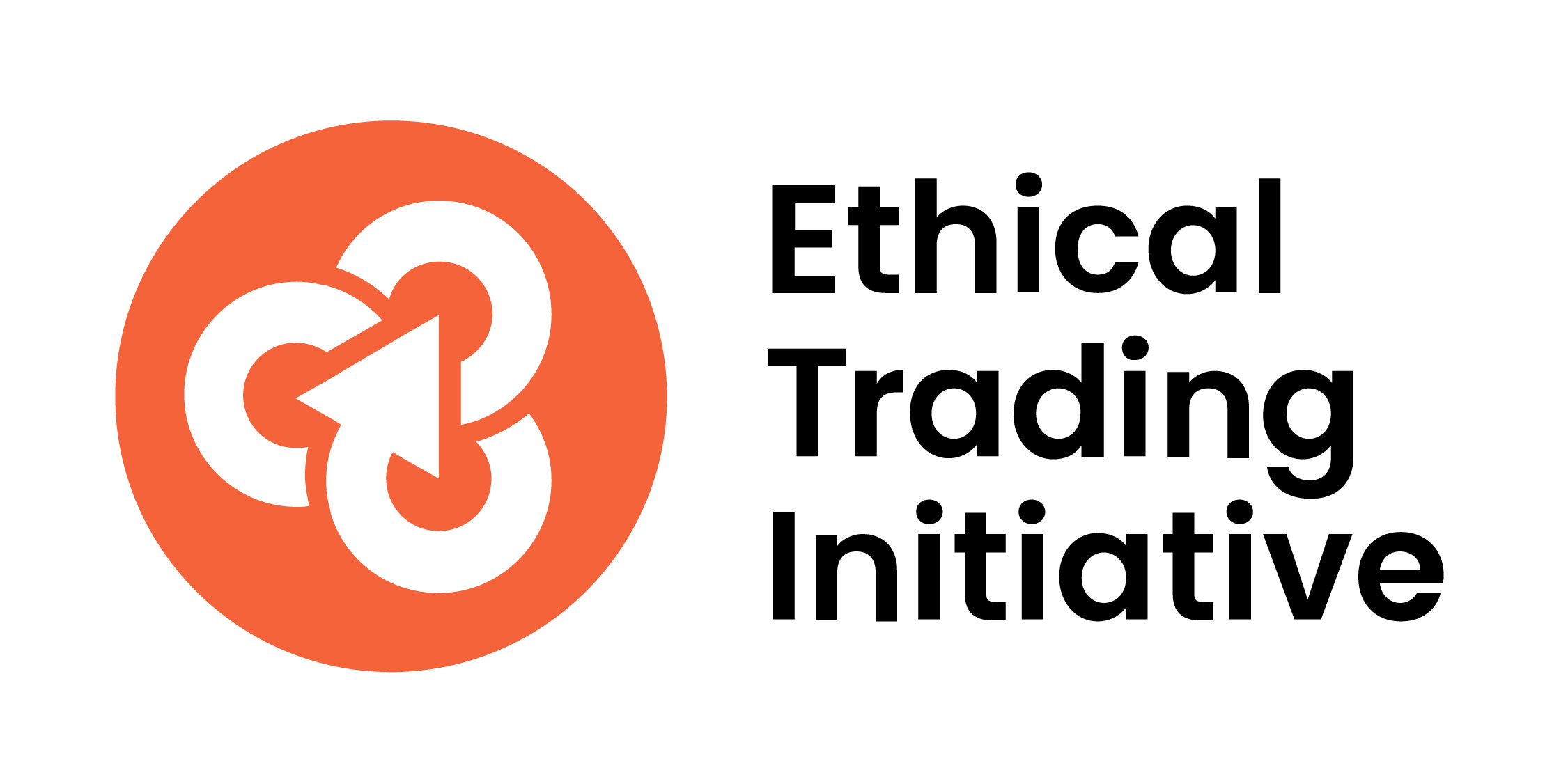
Certifications

Ethical Trading Initiative
In 1998, a group of British businesses, NGOs, and trade unions came up with a new approach to protecting workers’ rights across all industrial sectors (from tea to textiles, from horticulture to footballs). The objective back then was to create an alliance of organisations that would work together to define how businesses must implement their labour codes in a manner that is both credible and maximises the positive impacts on all of their workers. The first businesses to join the Ethical Trading Initiative47 (ETI) were ASDA, Premier Brands, The Body Shop, Littlewoods, and Sainsbury’s. Today, more than 50 businesses 48 are members of the ETI. These multinational corporations buy from 38,000 suppliers and employ more than 8 million workers throughout the world. The initiative is open to all businesses, although it is understood that the smallest among them will presumably encounter some difficulties in dedicating enough resources to fulfil the obligations that affiliation entails. All affiliated business must, however, adopt the basic labour practices code of the ETI,which is based on ILO conventions. The ETI Code of Conduct defines 9 basic principles :
The free choice of employment.
Respect of the freedom of association and the right to collective bargaining.
Labour conditions must respect health and safety rules.
The ban on child labour.
Payment of a minimum wage.
Reasonable work hours.
No discriminatory practices.
Provision of regular employment.
The ban on resorting to harsh or inhumane treatment.
The principles of the code constitute minimum rather than maximum requirements for businesses. Just because a business adopts this code does not mean that it cannot do more than what is stated in the principles set forth above. Businesses are obviously also expected to obey national laws and any other laws in effect. When the laws and the ETI Code of Conduct cover the same subject, businesses must apply the clause that procures the best protection for the workers. This code is accompanied by a number of principles of implementation for businesses, namely: a true commitment by the business to ethical trade (production), a genuine integration of ethical trade in corporate culture and practices, building the capacities of their suppliers and other stakeholders, the systematic identification of problems along the supply chain, the adoption of measures for improvement and, lastly, transparency in reporting. The secretariat of the ETI, jointly with the trade union and civil society members, makes random visits every year to at least 20% of the member businesses. The purpose of these visits is to verify that the business has implemented adequate procedures and management systems for gathering the data needed for annual reporting.



